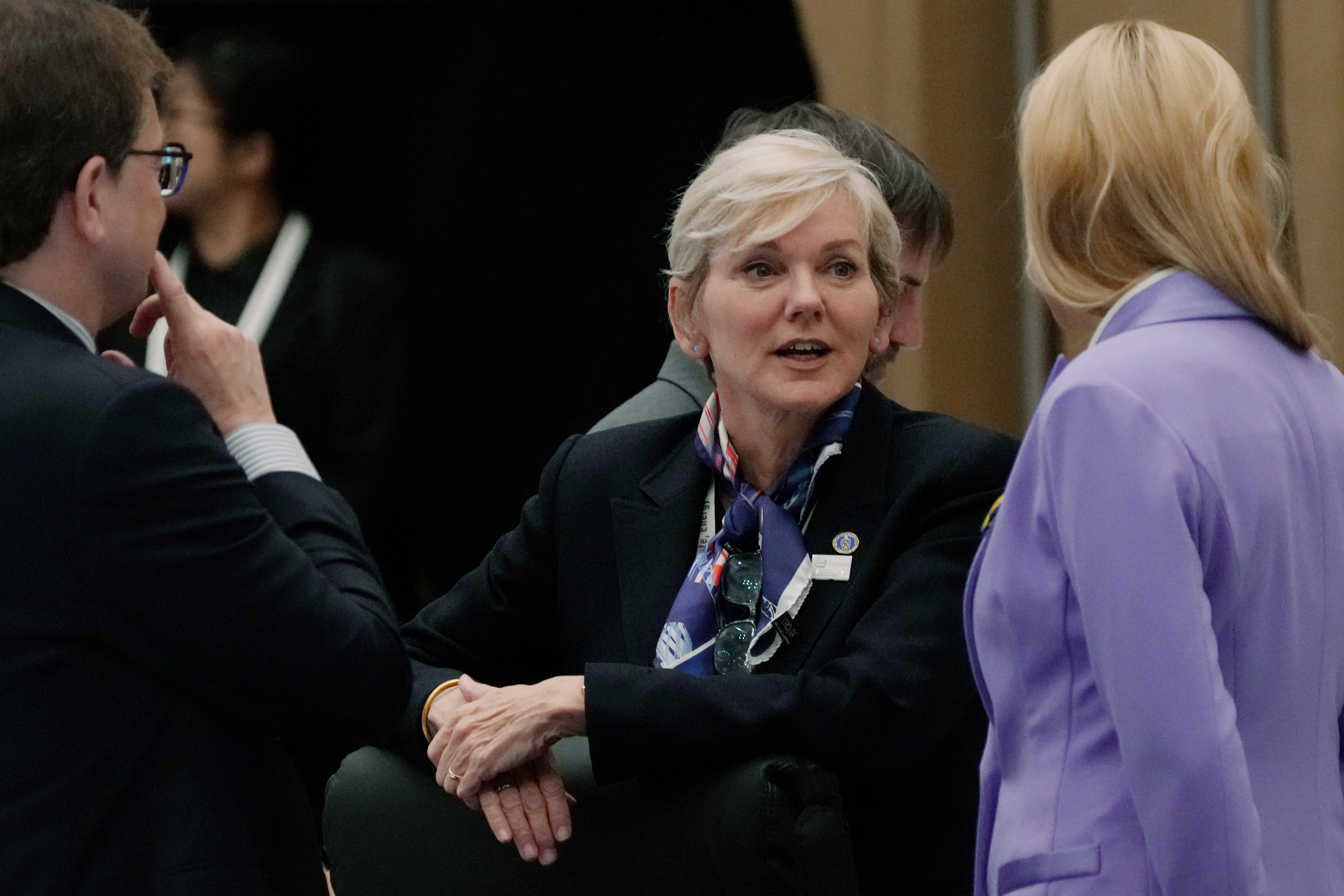Japan, US agree to cooperate on geothermal energy
Japan and the United States have agreed to cooperate on developing geothermal energy, one of the most plentiful resources on this volcanic island chain

Japan and the United States agreed Saturday to cooperate on developing geothermal energy, one of the most plentiful resources on this volcanic island chain.
The memorandum of commitment was signed Saturday on the sidelines of a meeting of the Group of Seven energy and environment ministers in the northern city of Hokkaido.
Japan’s famed hot springs reflect its abundant geothermal activity, but the spas and resorts clustered around them have slowed efforts to use that resource to generate power.
The pact signed by Energy Secretary Jennifer Granholm and Japan's minister of economy, trade and industry, Yasutoshi Nishimura, says that geothermal energy is recognized as a “renewable energy technology that the United States and Japan can work together to advance.”
It calls for collaborating in research and development and exchange of information and in pursuing geothermal projects in the U.S., Japan and other countries. It's one of an array of areas where the two countries intend to collaborate in reducing reliance on fossil fuels and cutting carbon emissions that contribute to climate change.
“The prospects of offshore wind are enormous. The prospects of geothermal. We’re very excited about partnering with Japan on these kinds of issues,” Granholm said in an interview with The Associated Press on Friday ahead of the G-7 meetings.
Adding more geothermal power could make it possible for Japan to provide 90% of its power generation from renewable sources, according to an estimate by the Lawrence Berkeley National Laboratory. That would amount to a 92% reduction in the country's greenhouse gas emissions, it said in a recent study.
So far, Japan's geothermal capacity has been underutilized: it has dozens of small power plants run on the steaming hot springs dotted across the country, but together they account for less than 1% of its total power generating capacity.
Both Japan and the U.S. are looking to export geothermal technology.
Japanese companies are participating in a joint project to build what is expected to be the world’s largest geothermal power station, in Indonesia's Sumatra, with 320 gigawatts of electricity.
Biomass and geothermal power also contribute less than 1% of U.S. generating capacity, according to the U.S. Energy Information Administration.
Bookmark popover
Removed from bookmarks